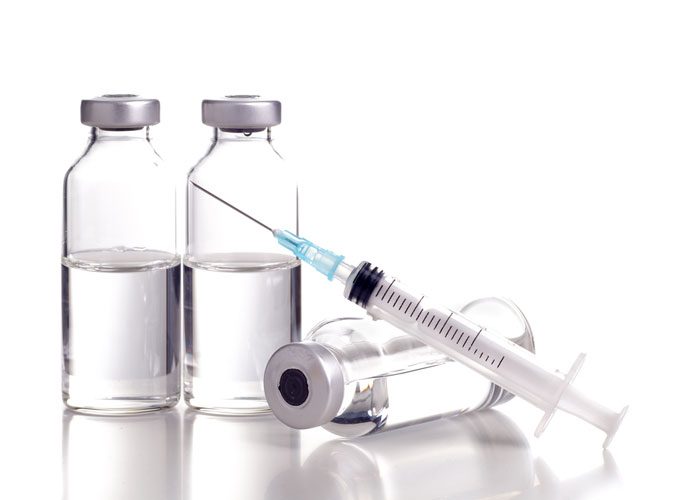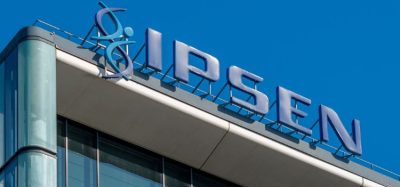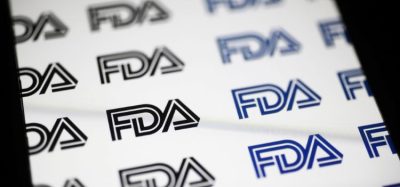Ogivri approved as the first biosimilar against certain breast and stomach cancers
Posted: 4 December 2017 | Dr Zara Kassam (European Pharmaceutical Review) | No comments yet
The FDA has approved Ogivri as a biosimilar to Herceptin for the treatment of patients with breast or metastatic stomach cancer whose tumours overexpress the HER2 gene…


The U.S. Food and Drug Administration has approved Ogivri (trastuzumab-dkst) as a biosimilar to Herceptin (trastuzumab) for the treatment of patients with breast or metastatic stomach cancer (gastric or gastroesophageal junction adenocarcinoma) whose tumours overexpress the HER2 gene (HER2+).
Ogivri is the first biosimilar approved in the US for the treatment of breast cancer or stomach cancer and the second biosimilar approved in the US for the treatment of cancer.
“The FDA continues to grow the number of biosimilar approvals, helping to promote competition that can lower health care costs. This is especially important when it comes to diseases like cancer, that have a high-cost burden for patients,” said FDA Commissioner Dr Scott Gottlieb, “We’re committed to taking new policy steps to advance our biosimilar pathway and promote more competition for biological drugs.”
Biological products are generally derived from a living organism and can come from many sources, such as humans, animals, microorganisms or yeast. A biosimilar is a biological product that is approved based on data showing that it is highly similar to a biological product already approved by the FDA (reference product) and has no clinically meaningful differences in terms of safety, purity and potency (i.e., safety and effectiveness) from the reference product, in addition to meeting other criteria specified by law.
The FDA’s approval of Ogivri is based on a review of evidence that included extensive structural and functional characterisation, animal study data, human pharmacokinetic and pharmacodynamic data, clinical immunogenicity data and other clinical safety and effectiveness data that demonstrates Ogivri is biosimilar to Herceptin. Ogivri has been approved as a biosimilar, not as an interchangeable product.
Common expected side effects of Ogivri for the treatment of HER2+ breast cancer include a headache, diarrhoea, nausea, chills, fever, infection, congestive heart failure, difficulty sleeping (insomnia), cough and rash.
Common expected side effects of Ogivri for the treatment of HER2+ metastatic stomach cancer include low levels of certain white blood cells, diarrhoea, fatigue, low levels of red blood cells, inflammation of the mouth, weight loss, upper respiratory tract infections, fever, low levels of blood platelets, swelling of the mucous membranes, common cold and unusual taste sensation. Serious expected side effects of Ogivri include worsening of chemotherapy-induced neutropenia.
The FDA granted approval of Ogivri to Mylan GmbH. Herceptin was approved in September 1998 and is manufactured by Genentech, Inc.
Related topics
Related organisations
Genentech, Inc., Mylan GmbH., U.S. Food and Drug Administration (FDA)
Related people
Related diseases & conditions
Cancer, HER2+ breast cancer, Metastatic breast cancer, Metastatic stomach cancer








